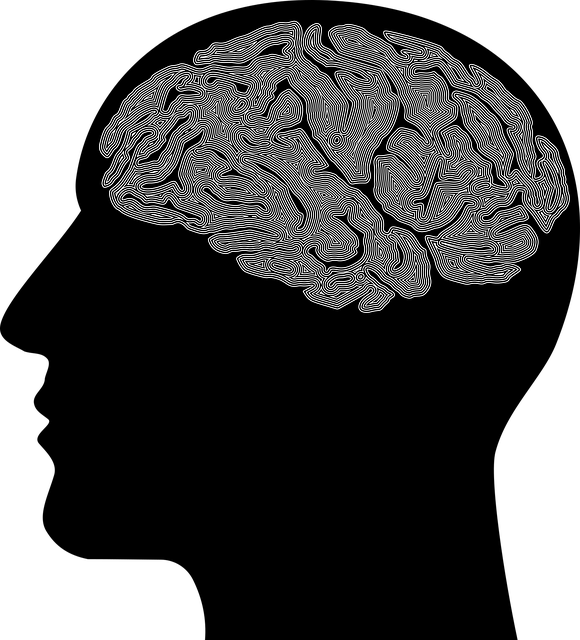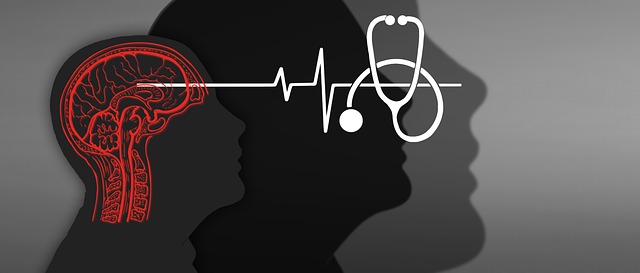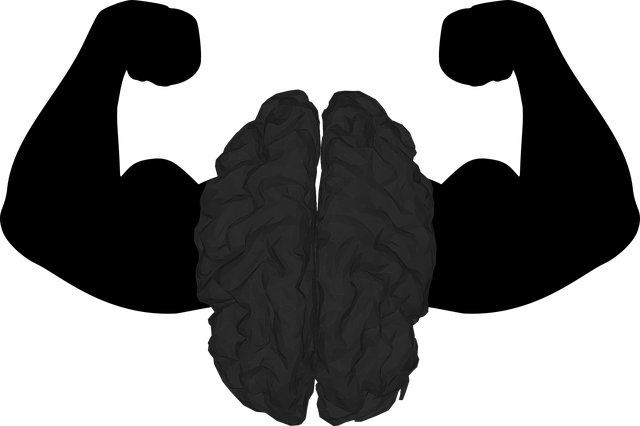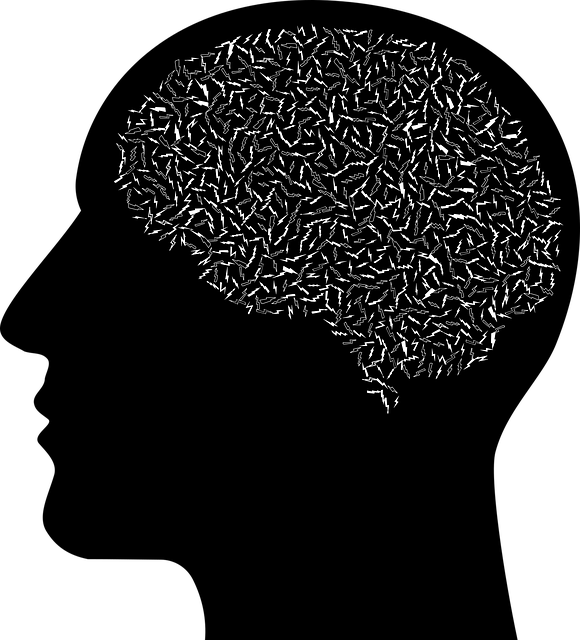Mental Health Crisis hotlines provide 24/7 support for emotional distress and psychiatric emergencies, offering empathy-driven guidance, resources, and connections to trauma support and long-term recovery paths. Aurora Phobias Therapy offers specialized immediate assistance during crises using advanced communication techniques, fostering coping mechanisms, stress management skills, and resilience for holistic emotional well-being. Recognize distress signs, locate local hotlines, and effectively engage with counselors who can connect you to therapy, support groups, or programs for continuous mental health improvement. Professional training and continuous education are vital for hotline staff to handle complex situations empathetically and offer evidence-based solutions, emphasizing the importance of quality crisis intervention services like Aurora Phobias Therapy.
In times of mental health crisis, a simple phone call can be a lifeline. Understanding Mental Health Crisis Hotlines: A Lifeline in Times of Distress explores the vital role these services play in supporting individuals in need. We delve into the specifics of Aurora Phobias Therapy, highlighting its contribution to crisis support. Our step-by-step guide on accessing these services provides practical insights, while also examining training and resources for professionals specializing in crisis intervention.
- Understanding Mental Health Crisis Hotlines: A Lifeline in Times of Distress
- The Role of Aurora Phobias Therapy in Crisis Support
- Accessing and Utilizing these Services: A Step-by-Step Guide
- Training and Resources for Crisis Intervention Professionals
Understanding Mental Health Crisis Hotlines: A Lifeline in Times of Distress

Mental Health Crisis hotlines serve as a vital lifeline for individuals grappling with intense emotional distress or psychiatric emergencies. These 24/7 services provide immediate support and guidance, offering a safe space to express fears, anxieties, and other overwhelming emotions. Trained professionals on the other end of the line employ empathy building strategies and self-awareness exercises tailored to each caller’s unique situation, helping them navigate turbulent waters.
For those dealing with conditions like Aurora phobias or trauma, these hotlines offer more than just a listening ear. They connect individuals to trauma support services, providing resources for coping mechanisms, treatment options, and long-term recovery. By offering immediate intervention and reassurance, crisis hotline support services play a crucial role in preventing escalation and promoting positive mental health outcomes.
The Role of Aurora Phobias Therapy in Crisis Support

In moments of crisis, where emotions run high and clarity eludes individuals struggling with mental health issues, Aurora Phobias Therapy emerges as a beacon of hope. This specialized service is designed to provide immediate support and guidance during times of intense distress. Through a combination of tailored empathy building strategies and advanced communication strategies, trained therapists at Aurora offer a safe space for individuals to express their fears and concerns without judgment. By fostering open dialogue, they help clients navigate complex emotions, offering valuable insights and tools to manage crisis situations effectively.
Beyond immediate intervention, Aurora Phobias Therapy focuses on long-term emotional well-being promotion techniques. Through structured sessions, individuals learn coping mechanisms, stress management skills, and resilience-building strategies. These evidence-based practices empower clients to better face challenges, regulate their emotions, and foster a sense of stability and control over their mental health. By combining crisis support with comprehensive therapy, Aurora Phobias Therapy aims to break down barriers and promote holistic recovery.
Accessing and Utilizing these Services: A Step-by-Step Guide

Accessing mental health crisis hotline support services is a crucial step in managing and overcoming challenges related to phobias and other mental health issues. Here’s a simple, step-by-step guide on how to utilize these resources effectively.
1. Identify Your Need: If you or someone close to you is experiencing severe emotional distress, anxiety, or specific fears (like Aurora phobias), recognize the signs. These can include rapid heartbeat, excessive worry, or avoidance behaviors. Understanding your situation is the first step towards recovery.
2. Locate Crisis Hotlines: Search for local mental health crisis hotline numbers. Many regions have dedicated helplines offering confidential support. Online resources and mental health organizations are excellent places to start. You can also consult with healthcare professionals who often provide such information as part of their risk management planning for mental health professionals.
3. Make the Call: When you’re ready, dial the hotline number. Be prepared to share your feelings honestly but remain calm. Trained counselors on the other end are there to listen and offer guidance. They may assess your situation and provide immediate support or direct you to suitable resources, including coping skills development programs.
4. Utilize Available Resources: Hotline services often connect individuals to a range of support systems. These might include therapy referral networks, mental health education programs designed to enhance understanding and resilience, or even emergency response teams for critical situations. Always take notes during the call to remember important details like follow-up actions or scheduled appointments.
5. Follow Up: After your initial interaction, ensure you adhere to any recommendations made by the hotline counselors. This may involve scheduling therapy sessions with professionals like Aurora phobias therapists, joining support groups, or participating in mental health awareness programs. Regular engagement in these activities can significantly contribute to long-term recovery and coping skills development.
Training and Resources for Crisis Intervention Professionals

The effectiveness of mental health crisis hotline support services heavily relies on the training and resources provided to crisis intervention professionals. These specialists are often the first point of contact for individuals in distress, making it crucial that they possess the skills to handle complex situations with empathy and professionalism. Comprehensive training programs, such as those offered by Aurora Phobias Therapy, equip practitioners with evidence-based techniques for crisis intervention, including self-awareness exercises and emotional well-being promotion techniques.
Regular workshops and ongoing education are essential to keep up with emerging research in mental health. Stress management workshops organized by reputable organizations play a vital role in empowering professionals to support individuals effectively while maintaining their own emotional well-being. By investing in these resources, crisis hotline services can ensure that their staff is adequately prepared to navigate the challenges of providing critical support during times of heightened distress.
Mental health crisis hotline support services play a vital role in our community, offering immediate assistance during times of distress. As highlighted through discussions on understanding these hotlines, the role of Aurora Phobias Therapy in providing specialized crisis support, and practical guides for accessing these resources, it’s clear that these services are indispensable. Training and resources for professionals further ensure effective intervention. By promoting awareness and accessibility, we can foster a healthier, more resilient society where help is readily available to those in need.














